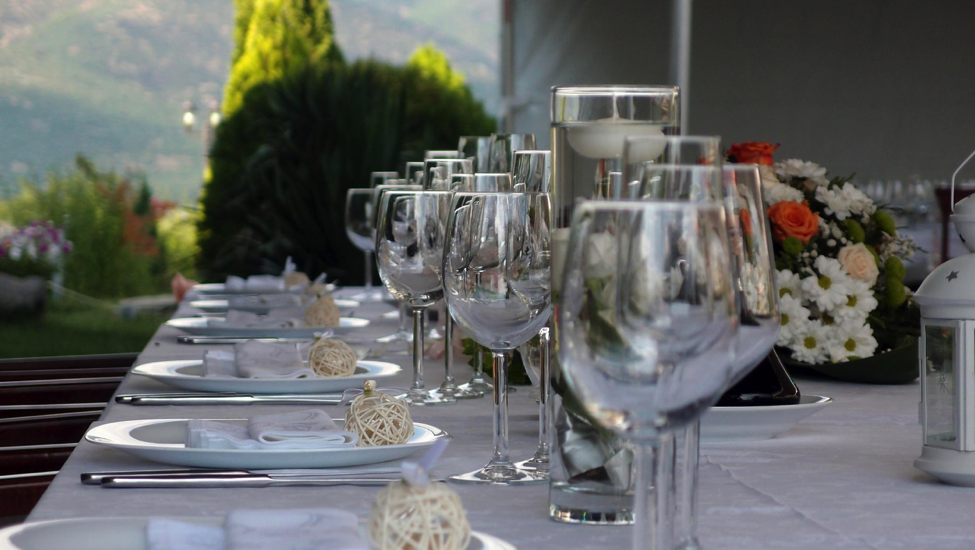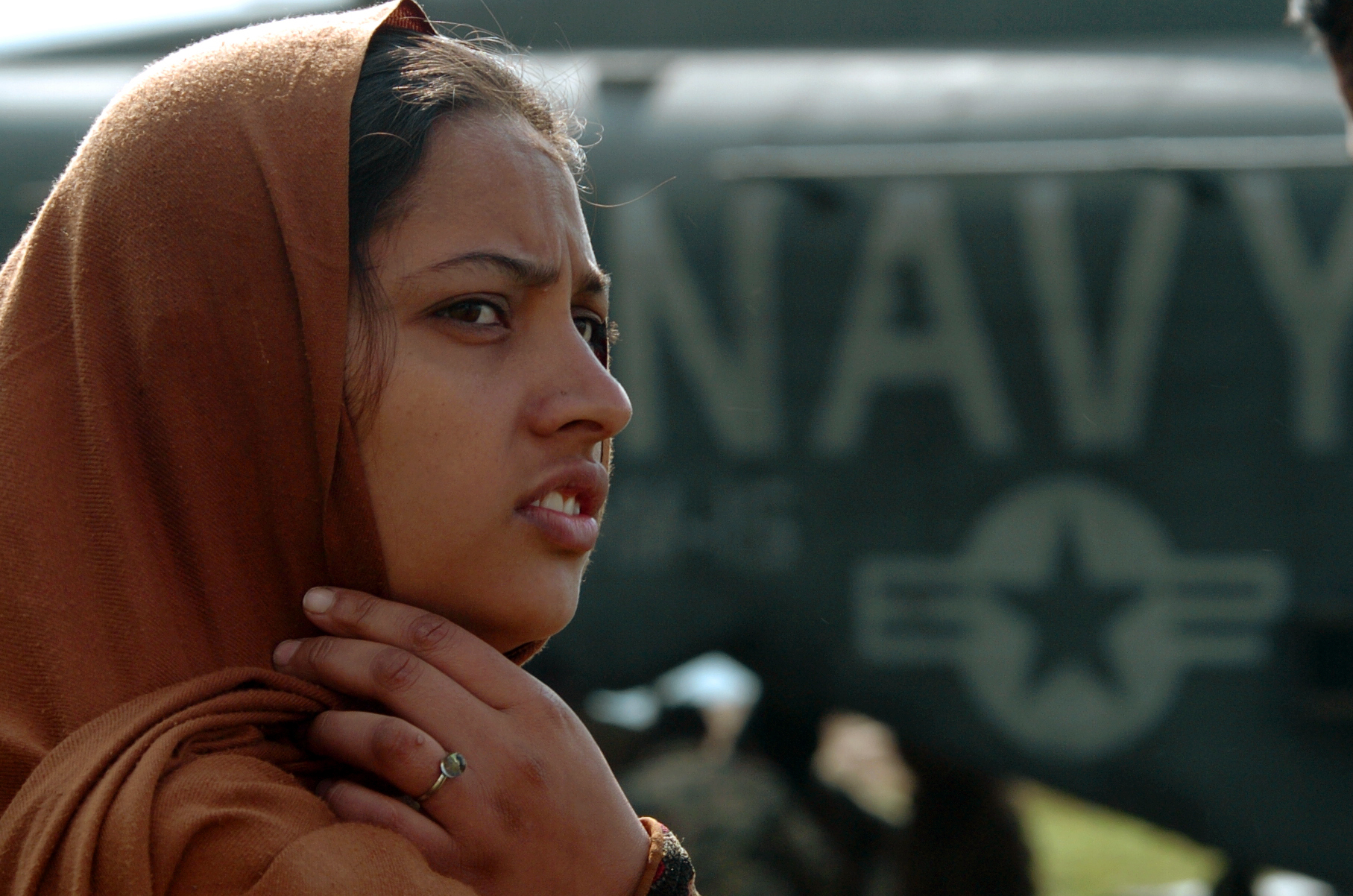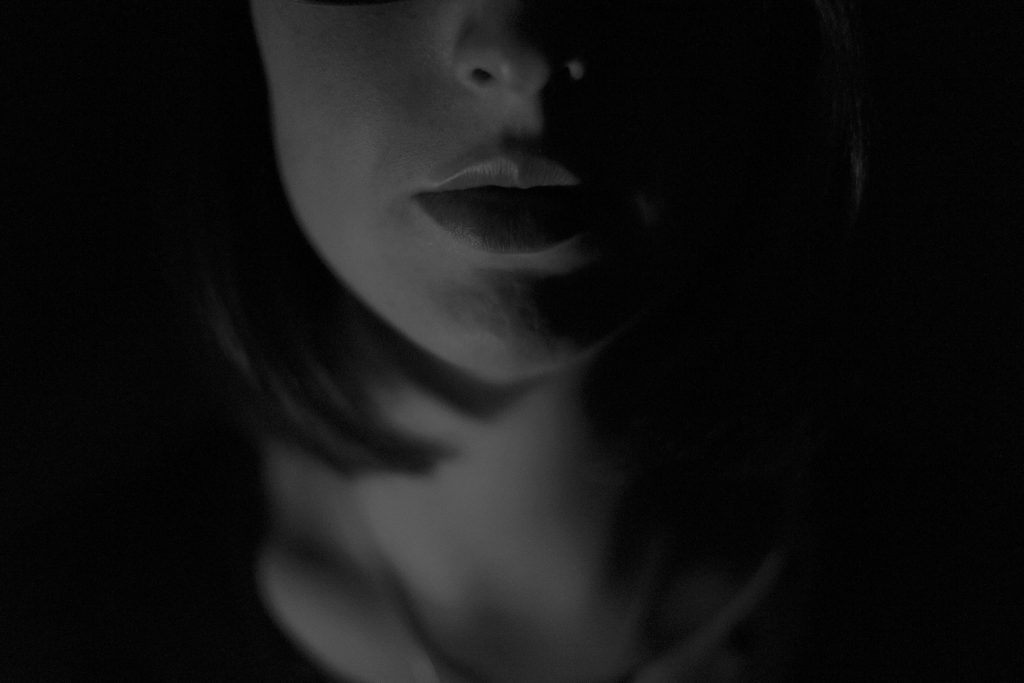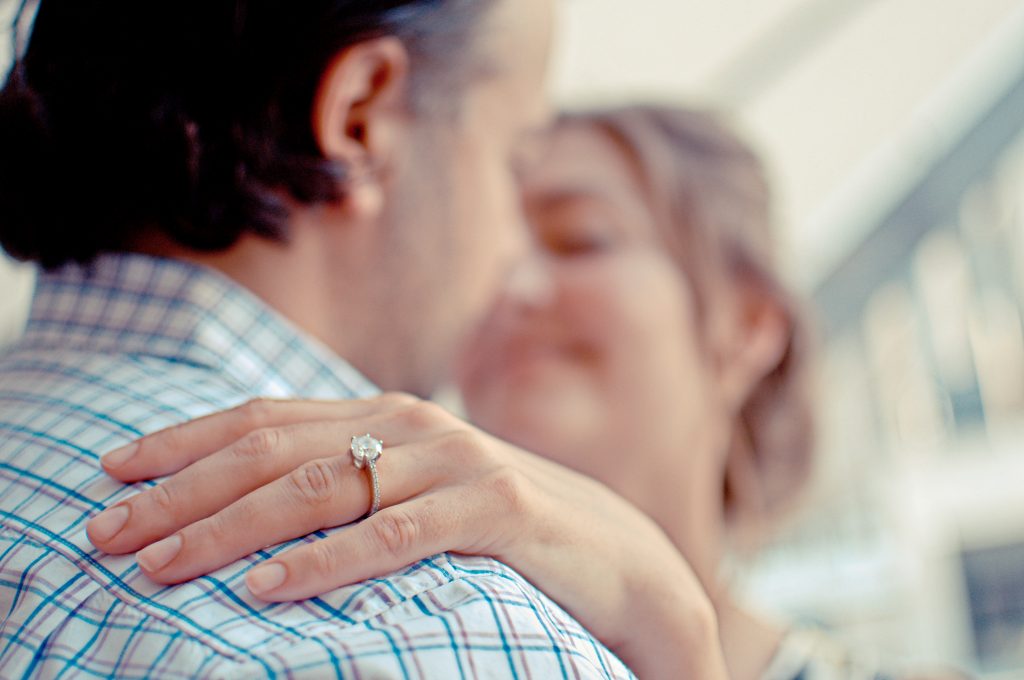Forced marriage and child marriage remain huge issues around the world.
For most people, their wedding is a momentous, happy occasion. Sadly, this is not the case for everyone. More than 15 million girls under 18 are married each year, mostly in Sub-Saharan Africa and South Asia.
In the United Kingdom, the government’s Forced Marriage Unit (FMU) assisted 1,220 individuals in relation to possible forced marriages in 2015.
It is clear that forced marriage remains a problem in the UK and abroad. So, what is forced marriage and child marriage? And do they violate human rights?
First Things First

The UK Government says “you have the right to choose who you marry, when you marry or if you marry at all”, and defines forced marriage as:
- When you face physical pressure to marry – this includes physical and sexual violence as well as threats
- When you face emotional or psychological pressure to marry
- Marrying someone who lacks the mental capacity to consent to the marriage
Child marriage is defined by UNICEF as a formal marriage or informal union before age 18. Both forced marriage and child marriage are illegal in the UK (apart from consenting children aged 16 and over).
Forced marriage became a criminal offence in the UK under the Anti-Social Behaviour, Crime and Policing Act 2014. Forcing someone to marry can result in a sentence of up to 7 years in prison. The offence includes taking someone overseas to force them to marry.
It is also illegal for a child under the age of 16 to marry in the UK. In England, Wales and Northern Ireland, under-18s wanting to get married need permission from their parents or guardians.
OK so they’re illegal, but do they violate human rights?
Article 16(2) of the Universal Declaration on Human Rights (UDHR) says:
Marriage shall be entered into only with the free and full consent of the intending spouses.
The European Convention on Human Rights (ECHR) translates the UDHR into enforceable human rights in Europe. Article 12 expresses the right to marry and found a family. It says that:
men and women of marriageable age have the right to marry and to found a family, according to the national laws governing the exercise of that right.
Although it does not mention the need for the consent of the intending spouses like the UDHR does, British judges have interpreted the Article to mean that there is a right ‘not to marry’. This means that forcing someone into marriage violates their human right not to marry under Article 12 of the ECHR.
If the marriage that follows is violent or abusive, this could lead to the violation of other human rights, such as Article 3 of the ECHR, which prohibits torture, inhuman or degrading treatment. The UK government is under a duty to make sure this does not happen.
What is the UK government doing to stop forced marriage?

In the UK, the government has aimed to fulfil its human rights duties by enacting the criminal laws mentioned above.
In addition to preventing forced marriage through legislation, the Forced Marriage Unit (FMU) was set up in 2005 to provide support to victims of forced marriage of any nationality in the UK, and British nationals overseas.
In 2008, the government also introduced Forced Marriage Protection Orders (FMPOs). These are orders a court can make to protect people who are under threat of being forced into marriage or to help those that have already been forced into marriage. Orders courts can make vary from case to case – for example they may allow authorities to seize someone’s passport to prevent them being taken out of the country to be married overseas. If a person breaches the order, they can face up to six months’ imprisonment or a fine of up to £5,000.
Uncomfortably close?

While child marriage and forced marriage are issues we tend to think of as being distant, the reality is that forced marriages and child marriages affect people all over the world, including in the UK. It is vital that we work against forced and child marriages – not only because everyone should be able to chose if, when and who they marry, but because in many forced marriage cases, losing the right to not marry can also mean losing other vital rights.
For more information on the right to marry:
- Check out our Explainer on Who can get married or form a civil partnership?
- And our jazzy Infographic poster on the right to marry
- Plus our post on the Isle of Man’s introduction of heterosexual civil partnerships






